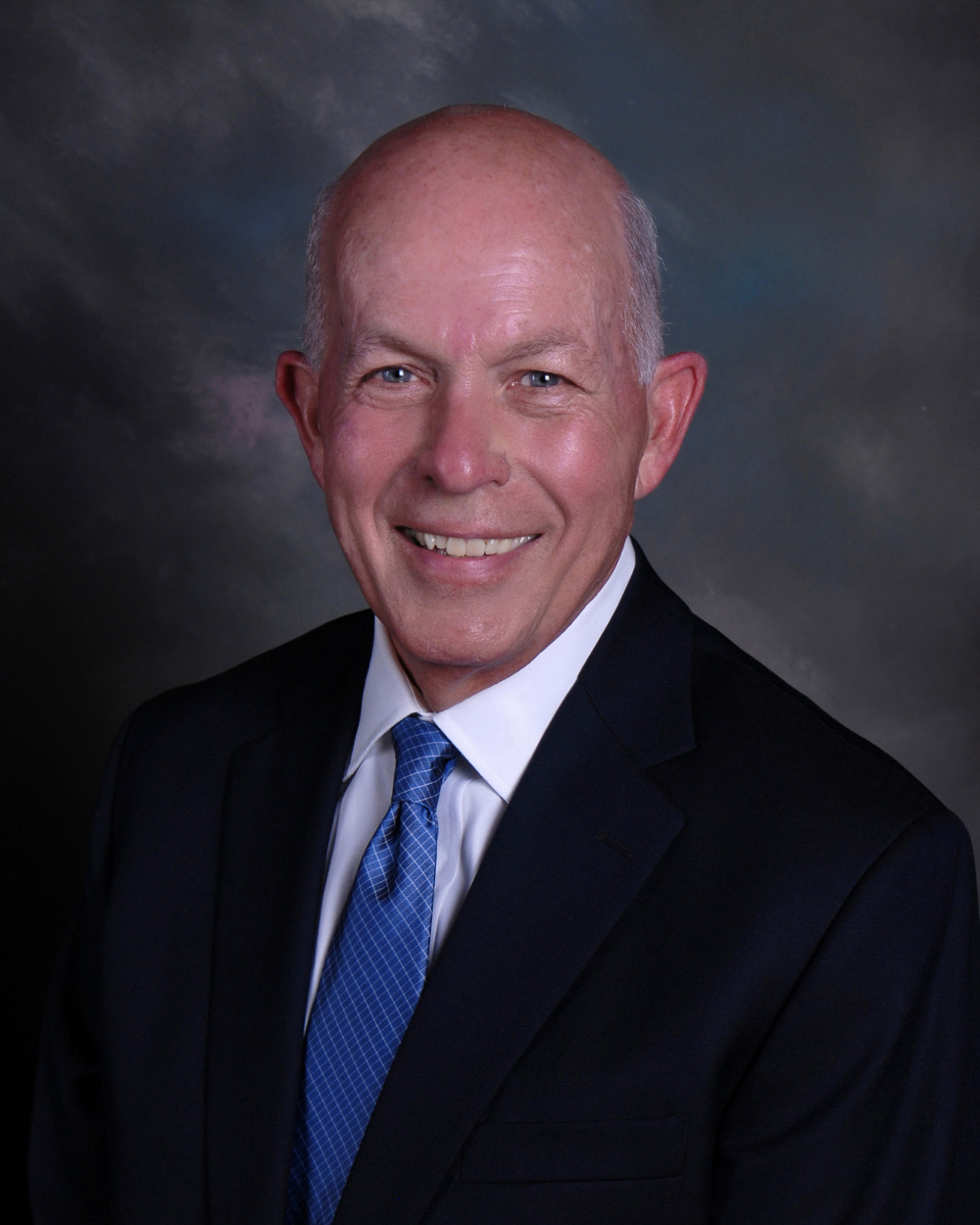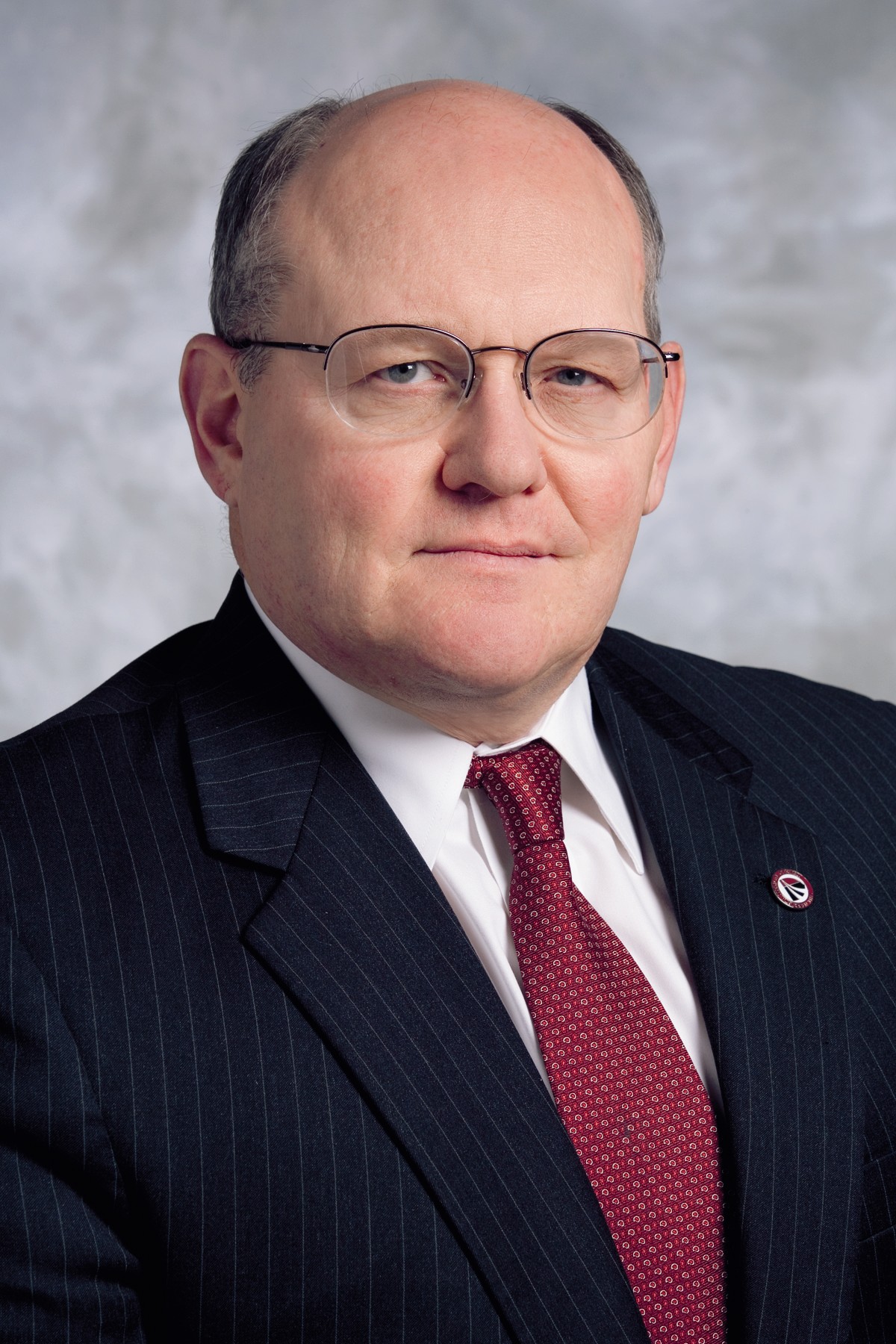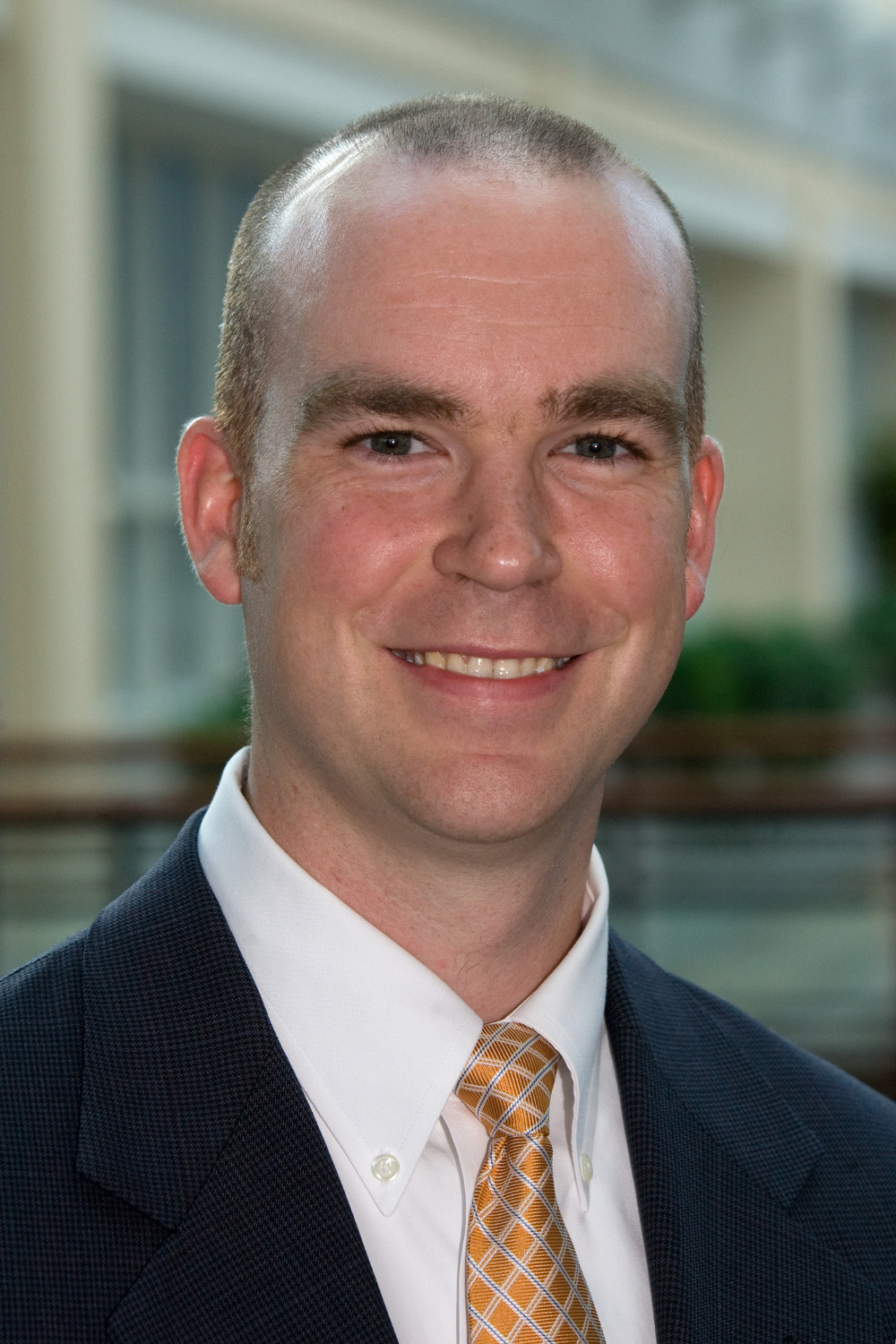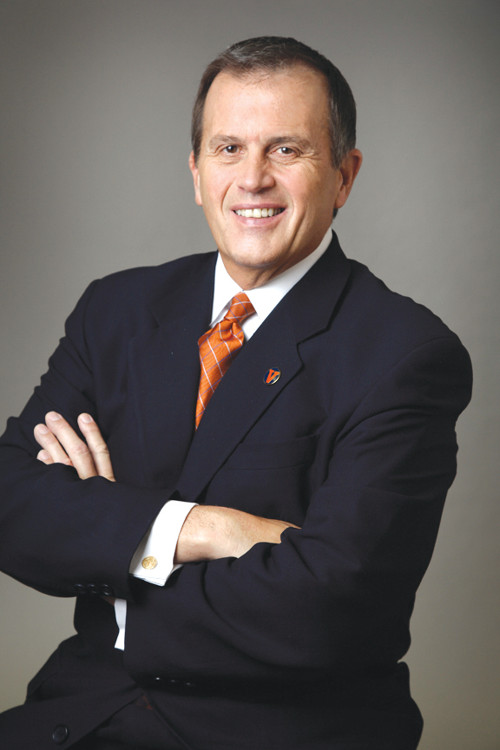Leadership not only requires a great deal of analytical skill but also an ability to react swiftly and strategically to change. These qualities have always formed the core of healthcare leadership. Today, the need for leaders who are both analytical and adaptable is more pressing than ever.
As the industry moves deeper into an era of healthcare reform, hospital and health system leaders face a time of fundamental and transformative change. Taking the reigns at their organizations, the new generation of healthcare leaders can to look to leaders at the end of long and successful careers for advice and learn from their experiences.
Here, three outgoing CEOs and two who represent the next generation of healthcare leadership discuss their careers, what leaders will have to do to prepare for change and the best leadership advice they have ever received.
Q: What do you think we can expect to see from the future generation of healthcare leaders? What might they do differently from you and your peers?
John Currin, President and CEO, Alamance Regional Medical Center (Burlington, N.C.). Retired in December 2013: I've always thought that for every new era in any enterprise, there are new leaders that are well equipped to lead, and I think that is true in healthcare. I see new leaders in our organization who are highly motivated, highly skilled, and they have the abilities that are needed to be effective. I think leadership in healthcare will continue to require great analytical skills, the ability to engage and collaborate and a greater focus on managing for outcomes.
Glenn A. Fosdick, President and CEO, Nebraska Medical Center (Omaha). Retired in December 2013: I think that there are several things they will have to do. They  will have to strive to work more collaboratively with the medical staff, for example. Also, healthcare will soon be in the same boat as other industries. We are going to have to train our people not just in clinical areas but in leadership skills as well. We will have to make strategic decisions the way other industries do.
will have to strive to work more collaboratively with the medical staff, for example. Also, healthcare will soon be in the same boat as other industries. We are going to have to train our people not just in clinical areas but in leadership skills as well. We will have to make strategic decisions the way other industries do.
Q: For our newly named leaders, what is one thing we can expect to see you accomplish during your first year as CEO?
Sandra Fenwick, President and CEO, Boston Children's Hospital. Assumed role in October 2013: Achieving alignment on a shared  vision and strategic roadmap as well as energizing the understanding and the activity that has to occur to support that vision. I'm seeking to instill a collaboration imperative across our enterprise to activate our clinical growth plan, advance our research and build partnerships to accelerate child-inspired innovation. Fostering urgency and accountability is paramount.
vision and strategic roadmap as well as energizing the understanding and the activity that has to occur to support that vision. I'm seeking to instill a collaboration imperative across our enterprise to activate our clinical growth plan, advance our research and build partnerships to accelerate child-inspired innovation. Fostering urgency and accountability is paramount.
 Preston Hammock, President and COO, Alamance Regional Medical Center (Burlington, N.C.). Assumed role in October 2013: I would really like to raise the bar in terms of quality outcomes for our patients, and I would like to better engage our medical staff in decisions. I would like to provide avenues for physicians to get involved. I want to recognize them as leaders and engage them in improving the care that we deliver to our community.
Preston Hammock, President and COO, Alamance Regional Medical Center (Burlington, N.C.). Assumed role in October 2013: I would really like to raise the bar in terms of quality outcomes for our patients, and I would like to better engage our medical staff in decisions. I would like to provide avenues for physicians to get involved. I want to recognize them as leaders and engage them in improving the care that we deliver to our community.
Question: For the outgoing leaders, what will you miss most about being the CEO of your organization?
John Currin: I will miss the people in our organization — people I've worked with who are like family and who I admire and respect. I will also miss the responsibility, heavy as it has seemed at times. I won't miss the sleepless nights! I look forward to remaining involved with our new Community and Health Foundation and discovering new ways to be of service.
R. Edward Howell, President and CEO, University of Virginia Medical Center (Charlottesville). To retire July 2014: The persistent and constant responsibility. Our organization is a very large $1.2 billion organization, and I have been a CEO for a total of 28 years. There is a sense of responsibility and not having that, it will be a change for me. I will miss it.
Q: Mr. Hammock, What are you most looking forward to about beginning your new role as CEO? What are you apprehensive about?
Preston Hammock: I got into healthcare because the issues are complex but important. Also, they are unique because healthcare impacts everyone in different ways. Responding to the community and responding to their needs excites me. Now, what is formidable is that a great deal of redesign is necessary in the healthcare industry but the financial incentives have not caught up with that redesign. Hospitals need to work towards keeping patients out of the hospital. That is where healthcare needs to go, but hospitals are still paid based on how many people come into the hospital to receive care. Healthcare has always been reactive, and what we are trying to do now is be proactive.
Q: Mr. Howell, can you recall one time when you felt most challenged in your career? How did you overcome it?
Edward Howell: I think I felt challenged almost everyday. I got into healthcare because I really enjoyed that challenge. One of the most difficult periods I went through was when I served as CEO of the Medical College of Georgia. There was an airplane crash and it killed members of the staff. Another difficult period was also when I was the CEO of the Medical College of Georgia and [a physician] transplanted a mismatched heart. I found that both situations required an intense commitment to communication. You need to involve the staff and maintain their confidence.
Q: For our new leaders, what strategies will help you overcome the present challenge of transitioning into a new position or into a new organization?
Sandra Fenwick: I think that the most important thing is to assess what is different in the new role or organization from the role you have been serving in, and on the basis of that, you also have to develop and communicate an inspirational shared vision for the organization as a whole. Then you have to assemble a great team focused on collaboration to produce results.
Preston Hammock: My number one priority strategy here is communication. I am spending time going around to every department and talking to the staff and trying to foster open communication. Healthcare is redesigning both how we deliver care and the care that we are delivering so we need to engage our staff. I am trying to open up a dialogue with the staff about what is happening in healthcare and how we can keep delivering high quality care through that change.
Q: What is the best piece of leadership advice you have ever received and how do you apply it to your professional career?
Glenn Fosdick: To recognize everyday that you are a CEO is a privilege. When you forget that, when you feel unappreciated or overworked, that's when you are in trouble. It is a unique opportunity and CEOs need to recognize that. The goal of the CEO is a very simple one, you need to know where the organization is going to go, and you have to help it get there. I have tried to live by that standard and I have never regretted a single day what I did for a living.
Edward Howell: The best advice I ever got is that senior leaders really only make about five real decisions a year, and if you make three of those decisions right, you are going to be successful. But the challenge is recognizing those decisions from all the other decisions you are required to make.
Sandra Fenwick: Surround yourself with people who are smarter than you are, then enable them and give them the tools to do what they do best. And that's always the hardest thing. As you move higher and higher up, you cannot do everything and fix everything. You have to trust others, enable them and allow them to take risks. Increasingly, there is uncertainty and lack of clarity in the industry. We have to enable people to find ways to overcome the uncertainty and to move forward with urgency.
More Articles on CEOs:
A Balancing Act: Q&A With University of Missouri Health Care CEO and COO Mitch Wasden
4 Hospital, Health System CEOs Share New Years' Resolutions
McAlester Regional Health Center CEO Makes No-Layoffs Promise


